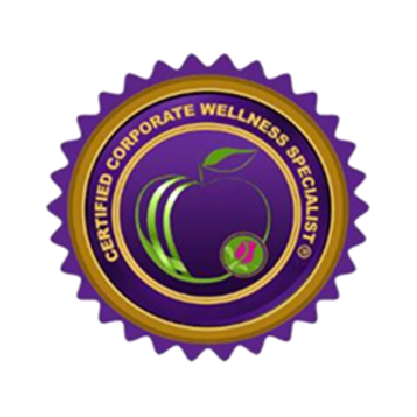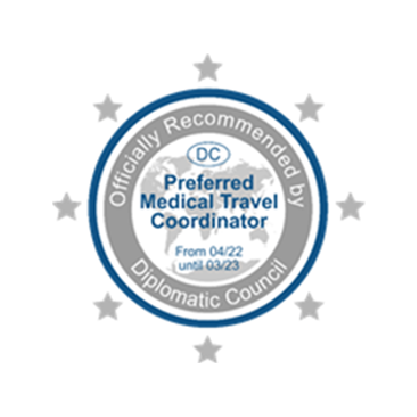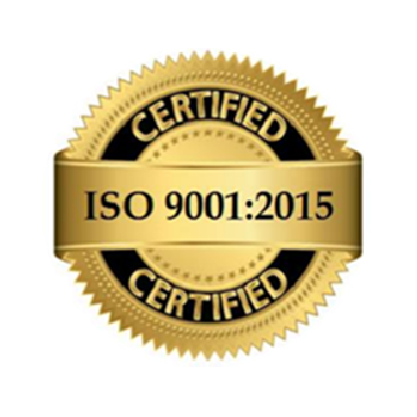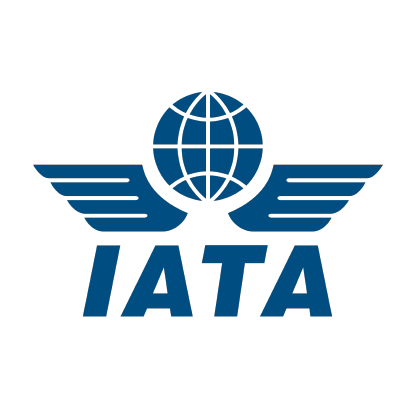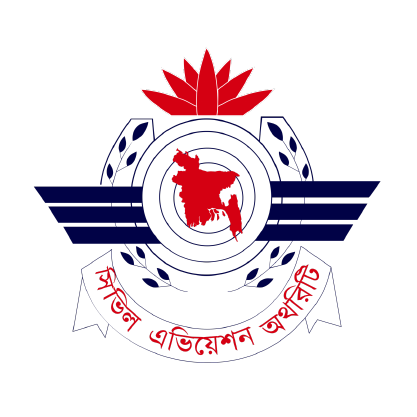- 31May
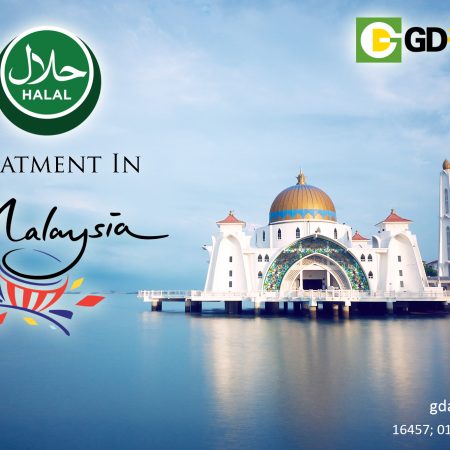
Halal Treatment in Malaysia
Thanks to strong cultural affinity, Muslim tourists have long chosen Malaysia, its pristine beaches, broad sidewalks
- 29May
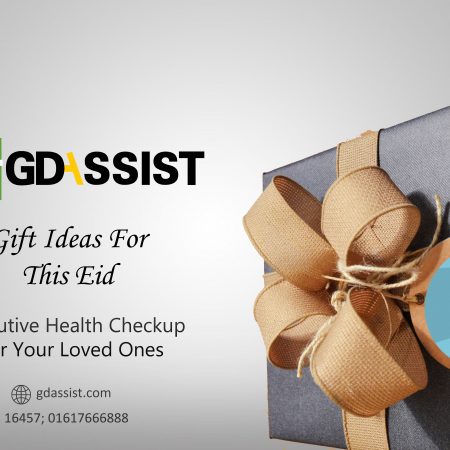
Gift Good Health This Eid
Are you someone who is always on the look-out for innovative gifting ideas, especially during the
- 14May
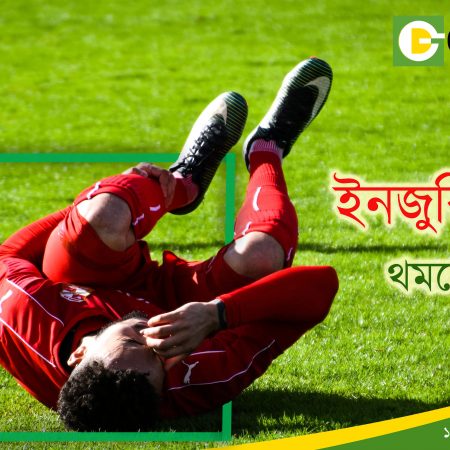
Sports Medicine: A High-Potential Medical Niche
In sports, injuries are inevitable. Sit back for a few seconds and think of the challenges
- 8May
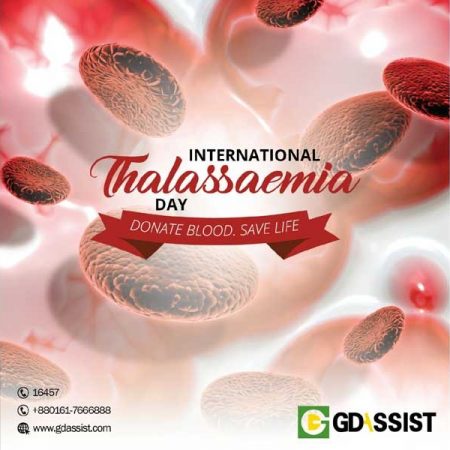
All You Wanted to Know About Thalassemia
Seeking adoption, a couple in Malaysia were happy to have a bonny boy aged about 1
- 7May
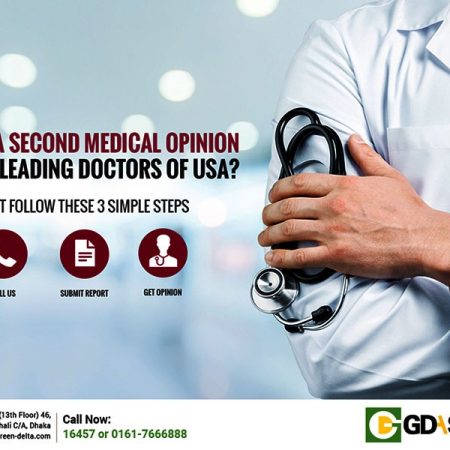
Second Medical Opinion
How many dealers did you visit before you bought a car? Were you happy with the first
